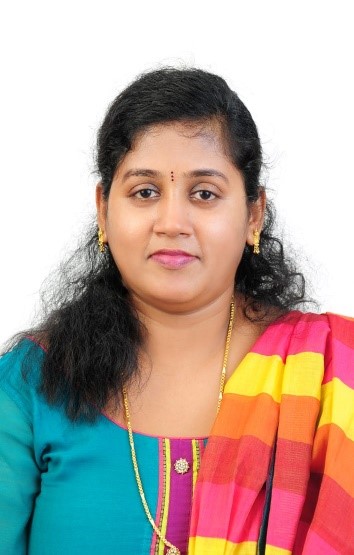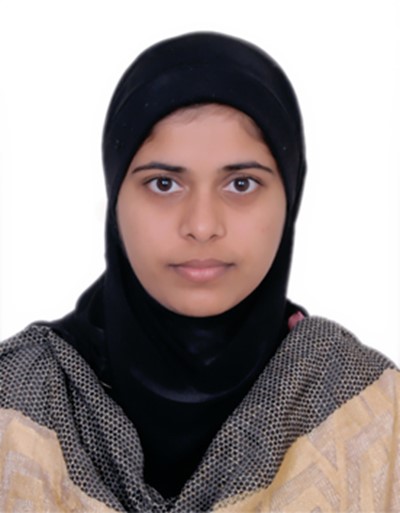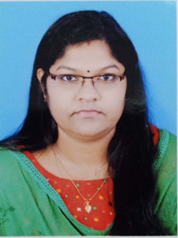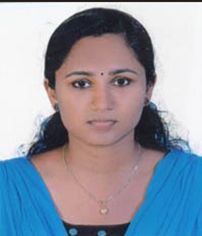The Electrical and Electronic engineers are at the forefront of the challenge to design technologies which make things faster, better, cheaper and more sustainable. The department is backed by a team of motivated, dedicated and experienced teachers who have graduated from good reputed institutions. They are a well qualified and experienced technical team who ensures an enriched learning culture. State of the art laboratories with latest equipments, well furnished and spacious classrooms, department library, seminar hall and experienced faculty contribute to create a learning environment that can trigger the knowledge and intellectual creativity of the graduates. The focus of the program is on the design and application of circuitry and equipment for power generation and distribution, machine control and communications.
We see educating the next generation of engineers as a key role. Our graduates and post graduates are highly valued by industry and commerce around the world. Our degrees are aligned to our respective research strengths. Our objectives are:
The Post Graduate programme on Power Systems was started with the idea of imparting the techniques of adapting the existing power system to distributed generation. The M.Techin Power Systems will give timely skills and specialist knowledge required to significantly enhance the career prospects in the electrical power industry. The duration of this Post Graduate Programme is 2 years (4 semesters).The first and second semesters are devoted to theory, seminar and laboratory sessions. The third semester is a blend of theory courses, Industrial visits and Mini project. The fourth semester is dedicated to a full scale project. Every student is required to submit a thesis/dissertation based on the project undertaken in partial fulfillment of the requirement for the award of the Master’s degree. The program goal is to provide an education that is directly applicable to a career in industry and is suitable for a new or recent graduate, as well as experienced professionals, who want to receive the necessary retraining to change careers. With the advent of power electronic devices, the contemporary power system has changed and has taken a new direction.

HOD

Asst. Professor

Asst. Professor

Asst. Professor

Asst. Professor

Asst. Professor

Lab Instructor
Labs with modern machineries make this course useful for students in becoming good civil engineers.
As per the Kerala Technological University rules, the Electrical Workshop is common for all engineering branches. This lab is provided with all the equipments and accessories for conducting practical classes in wiring practices. The electronic side deals with the familiarization of Cathode Ray Oscilloscope (CRO), Bread board connections of rectifiers and simple electronic circuits, PCBs and Soldering station. The students are exposed to the current practices in domestic wiring and industrial installation
The Electronic Circuits Lab is for designing and conducting experiments on analog and digital electronic systems to analyze and interpret data. It is equipped with AC/DC power supplies, function generators, oscilloscopes, and training kits for the circuits, IC testers, breadboards, digital multimeters and LCR meters. The purpose of this lab is for familiarizing basic concepts of Engineering Circuit Analysis. This lab is used to conduct a wide range of experiments in Electrical Engineering, such as Diode Circuits, Power Supplies, BJT and MOSFET Amplifiers, Operational Amplifier Circuits, Power Amplifiers, Frequency Analysis, Oscillator Circuits, Active Filters, Digital and Timer Circuits.
Electrical Measurements and Instrumentation lab is well equipped for the measurement of various electrical quantities with sufficient number of standards and measuring equipment. The laboratory is designed to make the students familiar with measurement of different Electrical parameters such as Resistance, Capacitance, Inductance, Power, Voltage and Energy, operations of LVDTs and Strain gauges, Thermocouples and RTDs, Spot deflection Galvanometer, Wein Bridge Oscillator , Wheatstone Bridge, calibration of energy meter using phase shifting transformer.
The Electrical Machines lab is known for its state of art facilities. The lab has around 25 machines which include DC generators, Motors, Synchronous motors, Alternators and transformers. The lab lays a foundation for the study of electrical machines, their characteristics, applications and testing of such equipments. The lab facilities are sufficient to conduct experiments and apply the principles of electrical circuits and machines for testing, thereby giving a thorough practical knowledge of AC and DC machines along with its industrial applications.
The Power Systems lab includes the High Voltage and Relay testing lab. It has facilities for dielectric testing, insulation testing of cables and also high voltage frequency testing. The Power Systems Lab is equipped with Power frequency AC/DC high voltage test set (100 kV AC/70 kV AC/DC) , Solid state relay test sets, Electromagnetic relay test set, Transformer oil test kit, Cable testing equipment, Electrostatic field plotters, Earth Megger and a full-fledged power system simulation software 'Mipower', ‘MATLAB’ over current and over voltage relays, Static relays, under voltage relays. It is used for teaching basic and advanced concepts in power system generation, transmission and distribution, and training in power quality analysis.
The Lab is equipped with Computers for multifaceted domains (Control System, Power Electronics, Signals and Systems and Power System, C, C++ languages) using various soft wares to design, test and implement. Microprocessor laboratory is equipped with microprocessor kits and interfacing devices. The students achieve encoding skills in Assembly Language and Interfacing with various devices such as ADC, DAC, 8279, stepper motor. The students will be given in depth knowledge in writing and executing 8086 8085 and 8051 assembly language programs.
The Systems and Control Lab is equipped with Stepper Motor Controller, Servo Motors, Temperature Control Process, Pressure and Flow Control Process, Synchro-Transmitter-receiver Trainer, PLC and Digital Oscilloscopes. This Lab introduces students to fundamental control systems theory with emphasis on design and implementation. The lab focuses on determining the transfer function of DC machines, study of compensating networks and analysis of first and second order systems.